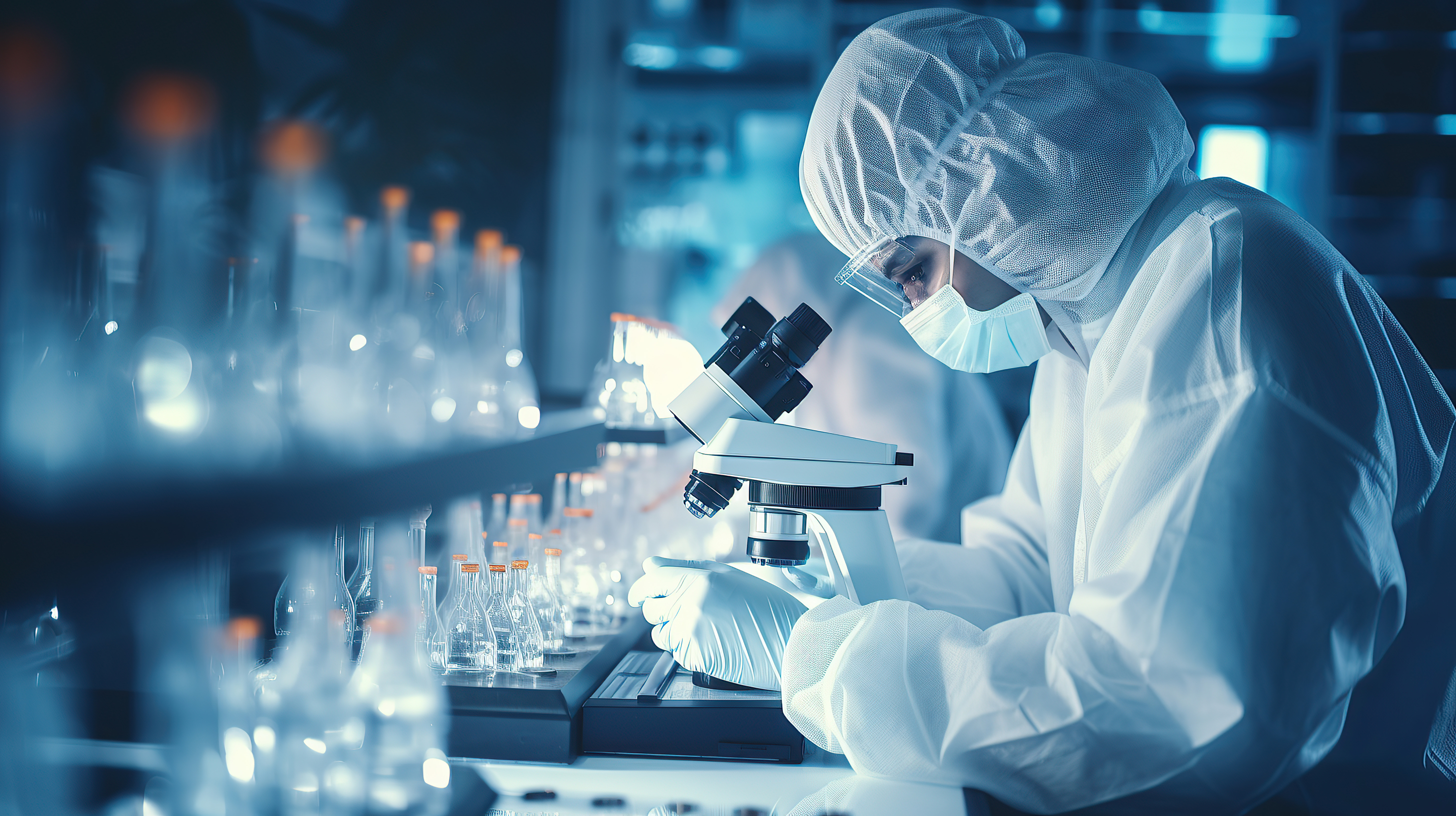

The pharmaceutical industry has seen remarkable progress over the past few decades, especially in the areas of biologics and biosimilars. These advancements are not only changing the way we treat various diseases but are also opening up new possibilities for medical treatments that were once considered unattainable. This blog explores the latest advancements in biologics and biosimilars, their impact on healthcare, and the future of these innovative therapies.
Biologics are a diverse category of medications that are derived from living organisms. Unlike traditional small-molecule drugs, which are chemically synthesized, biologics are typically large, complex molecules such as proteins, monoclonal antibodies, and vaccines. They are produced using advanced biotechnological methods, including recombinant DNA technology and cell culture processes.
Recent innovations in biologics have led to significant improvements in the treatment of various diseases, providing more targeted and effective therapies.
Monoclonal antibodies (mAbs) are engineered to bind to specific antigens on cells. They have become crucial in treating many cancers, autoimmune diseases, and infectious diseases. Advances in mAb technology have resulted in more precise targeting of diseased cells, reducing side effects and improving treatment outcomes.
Peptides are strings of molecules called amino acids, which are the "building blocks" of proteins. Peptides are short proteins that are about 2-100 amino acids long.
Peptides are also used to create drugs to treat a wide variety of disorders and conditions. More than 100 peptide drugs are currently FDA-approved in the U.S. Examples of these drugs include:
Teriparatide (Forteo) and Abaloparatide (Tymlos) for osteoporosis
Somatropin injection is used to replace growth hormone (a natural hormone produced by your body) in adults and children with growth hormone deficiency.
Liraglutide injection is in a class of medications called incretin mimetics. It works by helping the pancreas to release the right amount of insulin when blood sugar levels are high.
Biosimilars are biologic medical products that are highly similar to an already approved reference biologic (the originator product). They are designed to have no clinically meaningful differences in terms of safety, purity, and potency compared to the original product.
The development and approval of biosimilars have introduced more competition into the biologics market, leading to several notable advancements
Regulatory agencies, such as the US Food and Drug Administration (FDA) and the European Medicines Agency (EMA), have established stringent guidelines for the approval of biosimilars. These frameworks ensure that biosimilars meet high standards for safety, efficacy, and quality, building confidence among healthcare providers and patients
Biosimilars have led to significant cost savings in healthcare. By providing more affordable alternatives to expensive biologics, biosimilars help reduce healthcare costs while maintaining the same therapeutic benefits. This increased competition also encourages innovation and the development of new therapies.
The biosimilar market has grown rapidly, with many biosimilar products approved for various therapeutic areas, including oncology, autoimmune diseases, and diabetes. This growth is driven by the expiration of patents on blockbuster biologics and the increasing demand for cost-effective treatments.
Innovations in manufacturing processes have improved the efficiency and scalability of biosimilar production. Techniques such as continuous manufacturing and enhanced cell line development have increased the quality and consistency of biosimilar products, making them more reliable for clinical use.
The future of biologics and biosimilars looks promising, with ongoing research and development expected to bring even more innovative therapies to market. Key areas to watch include:
Efforts to increase global access to biologics and biosimilars are gaining momentum. Initiatives aimed at improving affordability and distribution in low- and middle-income countries will help ensure that more patients around the world can benefit from these advanced therapies.
The advancements in biologics and biosimilars represent a significant leap forward in the pharmaceutical industry, offering new hope for patients with a wide range of diseases. As research and innovation continue to push the boundaries of what is possible, the future holds even greater promise for these transformative therapies. For pharmaceutical enthusiasts, staying informed about these developments is crucial, as they represent the cutting edge of medical science and patient care.